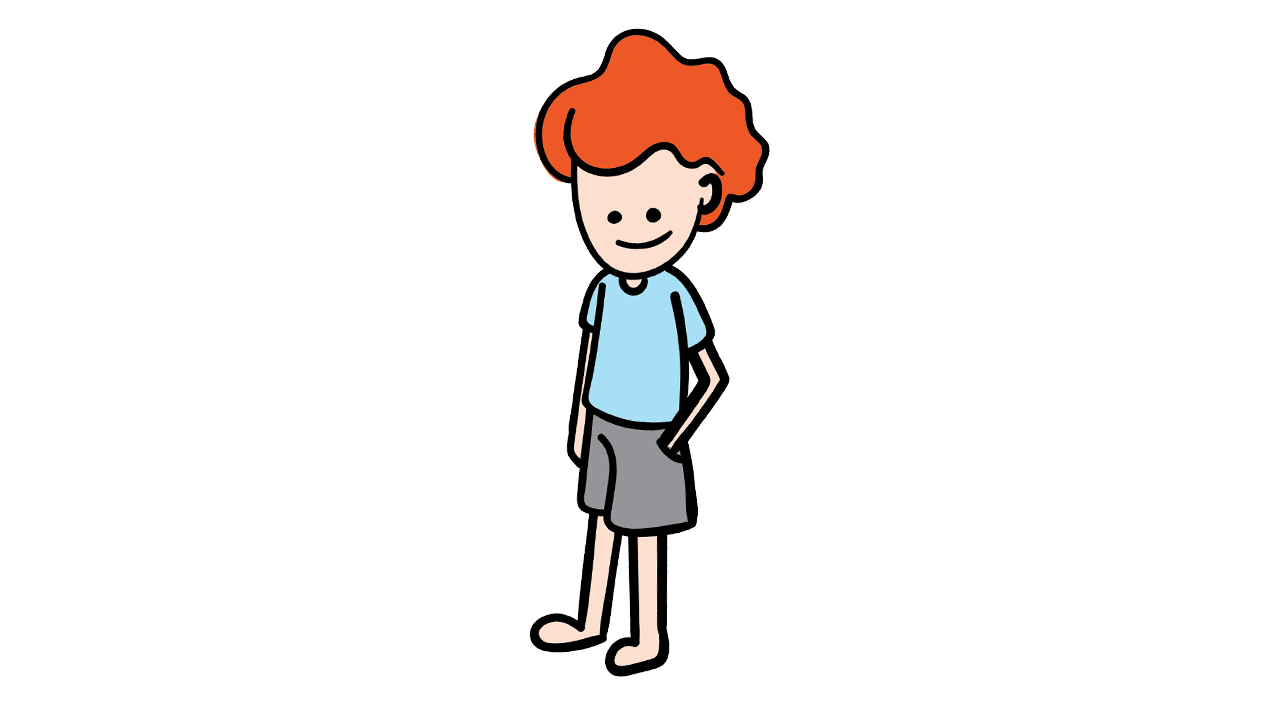Blogs
Help Your Child with Autism Make Friends
Nov 20, 2018
Social Story Character: Sally
Nov 05, 2018
Social Story Character: Mebel
Nov 04, 2018
Social Story Character: Arnold
Nov 03, 2018
Social Story Character: Ella
Nov 02, 2018
Innocence
Oct 30, 2018
Watching the Same Video Over
Sep 17, 2018
Unusual Fears of Someone With Autism
Sep 10, 2018
Introduction Tyler McNamer - Author & Writer
Sep 05, 2018
What is AutismWorks? (First video of the channel.)
Aug 27, 2018
The Hug
Jul 26, 2018
Repetitions
Jul 18, 2018












